South Africa's legendary Jazz Epistles to reunite for Youth Day
The last time the original Jazz Epistles played together was 56 years ago.
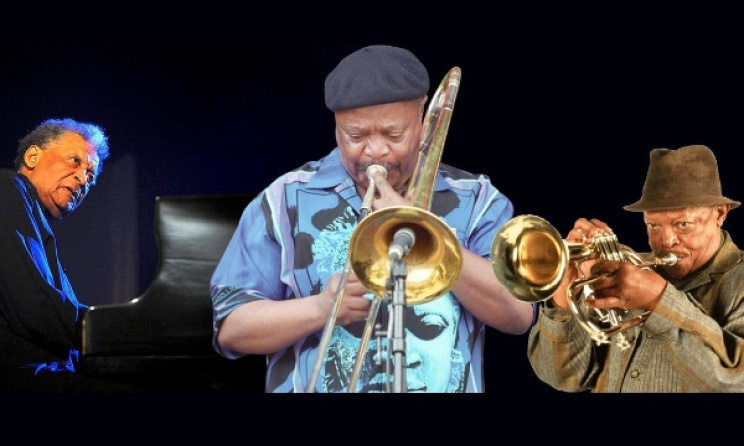 Surviving members of the Jazz Epistles: Abdullah Ibrahim, Jonas Gwangwa and Hugh Masekela. Photo: www.africanindy.com
Surviving members of the Jazz Epistles: Abdullah Ibrahim, Jonas Gwangwa and Hugh Masekela. Photo: www.africanindy.com
In 1995, three of its most famous surviving members Hugh Masekela, Jonas Gwangwa and Abdullah Ibrahim performed together on home ground for the first time since 1960. That was at the State Theatre in Pretoria during the country’s first Freedom Day celebrations. It was a virtuoso performance but they didn’t perform any of the Jazz Epistles pieces that had made them a household name in the 1950s.
Twenty-one years later, the trio is set to reunite this month to commemorate the 40th anniversary of the June 16 student uprisings in 1976. And this time their extensive repertoire will include compositions from their seminal Jazz Epistles recording.
The all-star ensemble came into existence after The Dollar Brand Trio from Cape Town and alto king Kippie Moeketsi from Joburg and his two protégés, trumpeter Masekela and trombonist Gwangwa, combined their talents. The Dollar Brand Trio consisted of pianist Abdullah Ibrahim, drummer Makhaya Ntshoko and bassist Johnny Gertze. They started performing in the late 1950s at the Ambassadors nightclub in Woodstock, Cape Town.
“We got in touch with Abdullah and he told us to come down as soon as we could,” Masekela remembers in his biography Still Grazing: The Musical Journey of Hugh Masekela. “We took the train to Cape Town and began rehearsing with the trio the very morning we arrived, not even having made any arrangements for accommodation. For the first few nights the three of us slept on mattresses on the floor in the back of the club.”
Under those spartan conditions, South Africa’s first bohemian bebop ensemble was born. They played to full houses at the Ambassadors seven nights a week, with a repertoire which ranged from big band swing standards in the Duke Ellington tradition to bebop favourites by visionary stylists such as Charlie Parker, Thelonious Monk, Dizzy Gillespie and Miles Davis. But they also performed their own compositions based on carnival music, tribal chants, hymns, marabi, kwela, mbaqanga and other African influences.
Kippie was the band’s musical luminary and, alongside Ibrahim, he was its most prolific composer.
“There had never been a group like the Jazz Epistles in South Africa,” observed Masekela. “Our tireless energy, complex arrangements, tight ensemble play, languid slow ballads and the heart-melting, hymn-like dirges won us a following and soon we were breaking all attendance records in Cape Town. People would sit on the floor and around the edge of the bandstand at the Ambassadors when all the seats were filled.”
During 1959, the Jazz Epistles’s popularity reached fever pitch and they were the mainstay of the Cape Town jazz scene. Music lovers included all race groups. In January 1960, they relocated to Joburg.
Their first, and unfortunately last, album The Jazz Epistles Verse 1, was released by Gallo. It was the first jazz LP to be released in the country. It was a once-off project with the company and no contract was signed. The benefit, however, was the sextet’s fame shot up.
The performed at Selborne Hall, Joburg, for six weeks to packed houses. The gate takings were far better than the pittance they had received for the album.
On 21 March 1960, the show promoters and artists were discussing the itinerary for the outfit’s national tour when news of the Sharpeville massacre hit them. Sixty-nine anti-pass demonstrators were killed by the police in the Vaal Triangle township, and about 250 hurt. The apartheid government declared a state of emergency, outlawing gatherings of more than 10 people. The draconian measures forced the indefinite cancellation of the tour.
After a long struggle to get his passport from apartheid authorities, Masekela left the country in May 1960 as an exile. His first stop was London. Gwangwa followed in 1961, during the King Kong jazz opera’s UK tour. He returned in the early 1990s.
Ibrahim and Gertze left in 1962 making Switzerland their new home. They were joined by Ntshoko and started performing again. Gertze returned to Cape Town in 1968, where he continued to play until his death in 1983.
Ibrahim’s short-lived return to South Africa in 1973 resulted in a reunion with Kippie and the recording of Dollar Brand + 3 with Kippie Moeketsi.
Kippie was the only one of the group who stayed in South Africa. After two impressive albums in 1976 with pianist Pat Matshikiza, he retired disillusioned. He died in 1983.
The Jazz Epistles play at Emperors Palace in Johannesburg on 15 and 16 June. Tickets cost between R400 and R1500 and are available from Ticketpro.
Originally published on 3 June 2016 in the African Independent.

























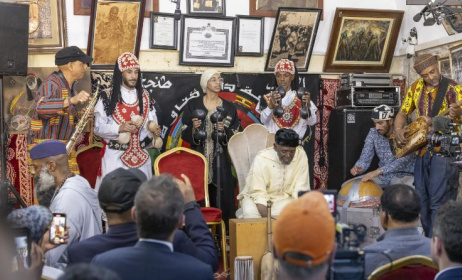



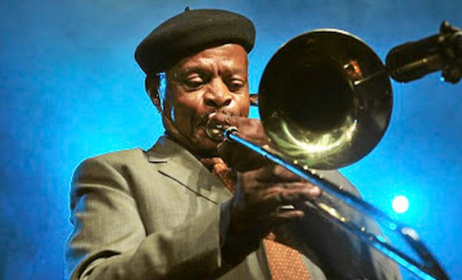
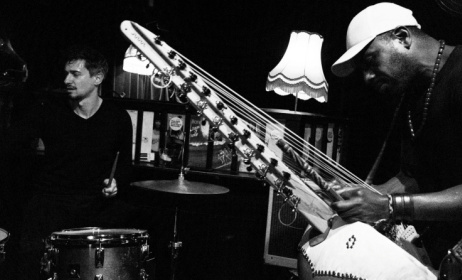


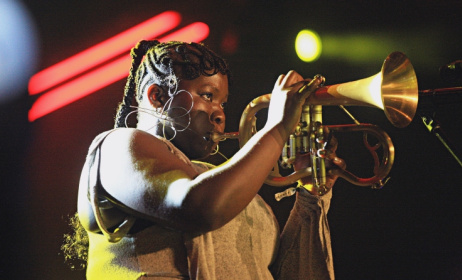
Comments
Log in or register to post comments